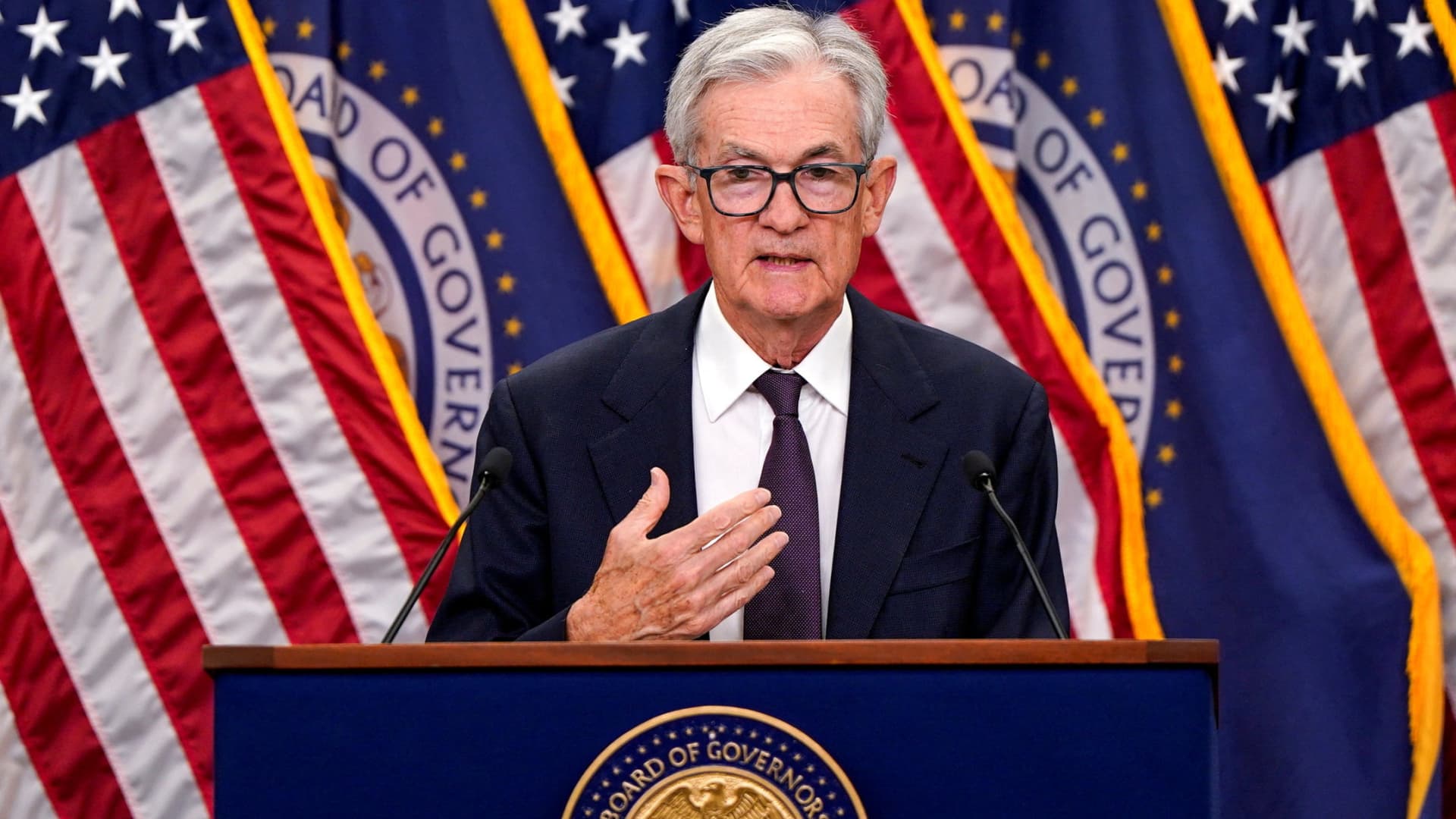Copyright scoop

General practitioners (GPs) are mixed on Labour’s Medicard announcement, but are clear it can only be part of the solution to the GP crisis. supporting systems, this policy promises access to GP appointments that successive governments have deliberately starved to the point of collapse,” says Dr Buzz Burrell, chair of General Practitioners Aotearoa As part of its tax policy, Labour today announced it would introduce a Medicard to grant all New Zealanders three free GP visits a year. looking forward to seeing all the details, but Labour had better be lining up a comprehensive plan to save Aotearoa GPs from extinction,” Burrell says. I were National right now, I’d be rebutting with a strong financial plan to save the health budget and open up appointments for patients by funding GPs before it’s too late,” he says. “The current government’s strategy of training and importing GPs is like filling a bathtub with a teaspoon while water glugs down the open General practices in New Zealand are facing a crisis of not enough GPs to meet the high demand for appointments. The RNZCGP Workforce Survey shows GPs are burning out at record rates even when working part time, and en masse they are planning to retire, shift profession, or move overseas. “We’ve spent this morning talking with our members and there are a lot of mixed views about the Medicard,” Burrell says. “Some GPs think it goes too far, many say it doesn’t go nearly far enough and that all appointments should be fully GP practices are mostly privately owned, and receive government funding based on the number of patients they have enrolled. The government does not generally fund each appointment, which is why patients still need to pay fees. “I think we can all agree that better access to healthcare is a good thing,” he says, “but right now the free Medicard risks flooding the available appointment slots, unless it’s backed up with a plan to increase the number of working Free appointments carry the risk that more people will go to their doctor with minor issues, making the waiting list longer for people with more serious conditions. In the meantime, patients with multiple or chronic conditions, many of whom have to visit their GP six to 12 times a year, are left paying for most of their appointments. Burrell suggests that earmarking the free appointments for preventative screening and health checks may improve health outcomes in a measurable way without flooding GPs with free appointments for minor illnesses. “In an ideal world, I’d love all patients to be empowered to see their GP whenever they want,” Burrell says. “Sadly we live in a world where governments of both hues have defrauded the public by pretending to fund healthcare while strangling general practice, forcing practices to ration appointments and choose which patients to ignore.” GPA demands intervention to save a health system that is crumbling from the front line.“The only way to improve access to appointments is to fund GPs properly,” Burrell The number of practising GPs can be drastically increased in a short time by improving working conditions to incentivise doctors to increase their hours, delay retirement, move to New Zealand from overseas, or train as GPs. Evidence shows the budget required for such a policy would easily be repaid by savings to the hospital system because fewer patients will get seriously ill or present to © Scoop Media



